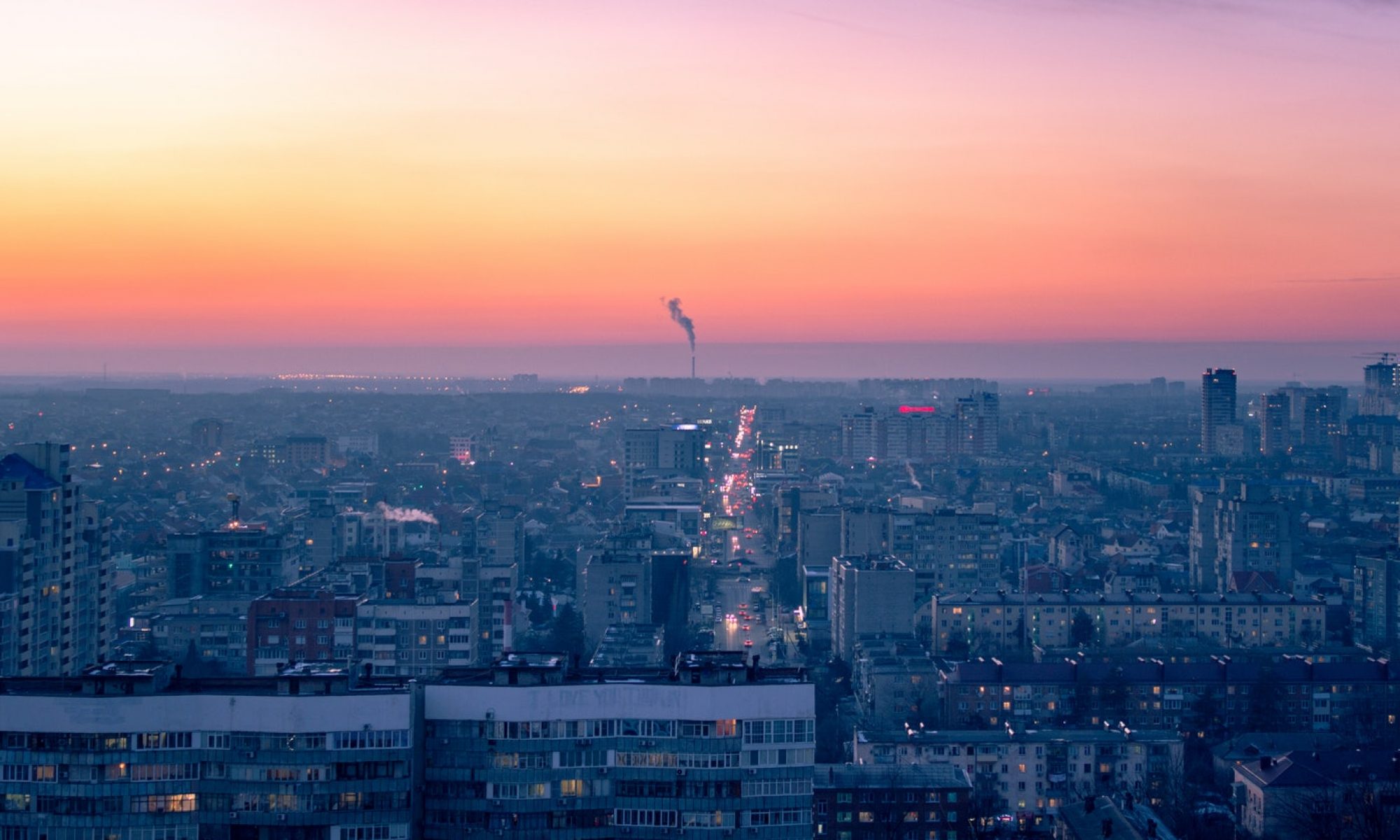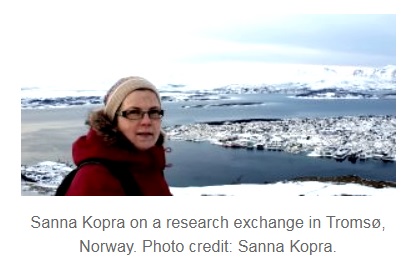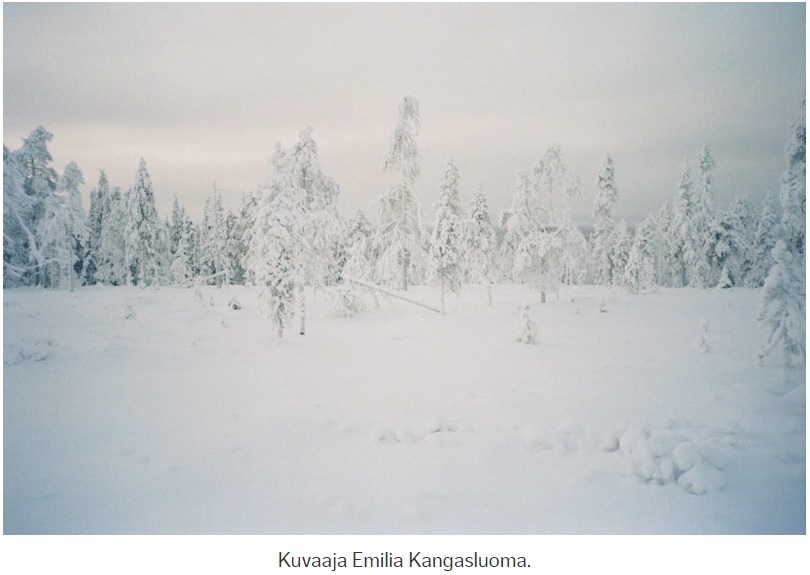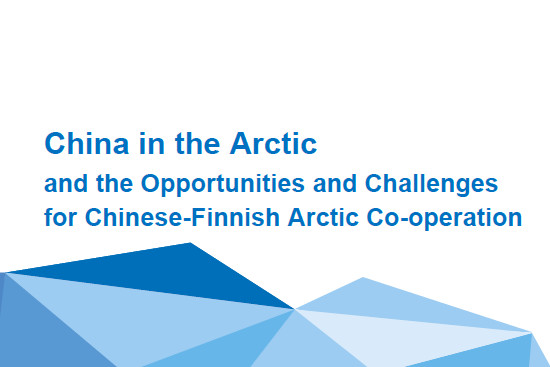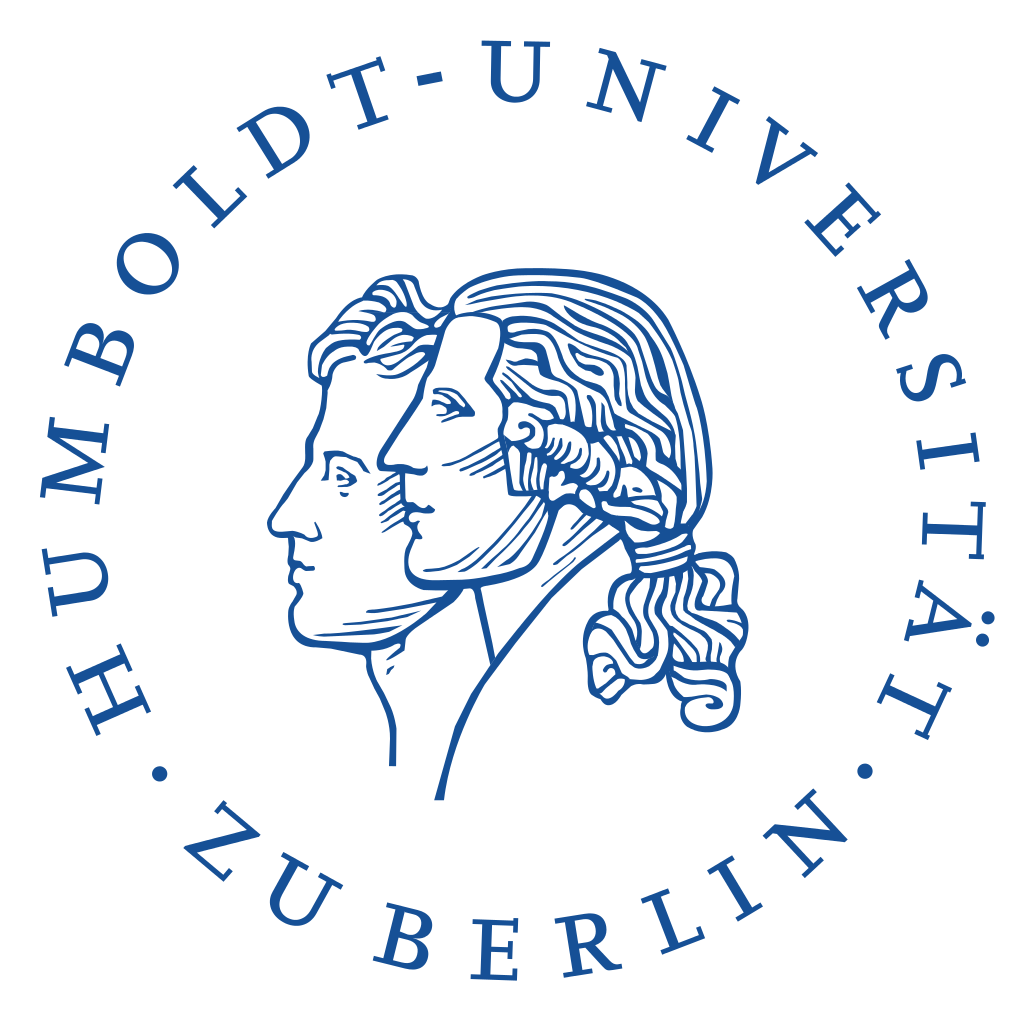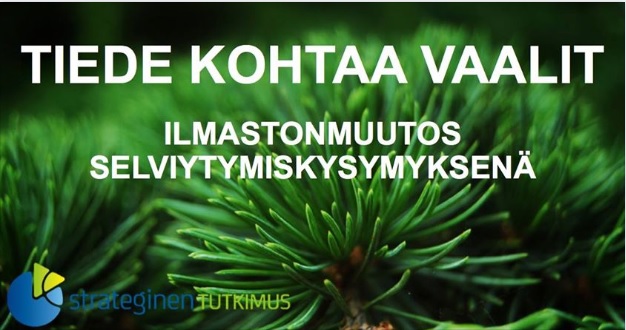Finnish China Law Center blog posted an interview with Sanna Kopra by Tatjaana Heikkinen. In the interview Sanna tells about her previous research on China, her current project and future plans.
Global warming and climate change is a topic that we see and hear about on a regular basis. When discussing climate change, it is impossible not to mention China. Sanna Kopra is a post-doctoral researcher in the Arctic Centre located in the University of Laplandand a visiting scholar in the Aleksanteri Institute located in the University of Helsinki and she has conducted extensive research into China in relation to climate change.
When asked about her 2018 highlights, her response is immediate: publishing her first book and receiving a grant from the Academy of Finland. 2019 has also started memorably, as she is spending the first couple of months on a research exchange at the University of Tromsø in Norway. “I hope to learn a lot about Arctic politics and I look forward to meeting new people. I also wish to see amazing scenery – despite the polar night!”
Learn more about Sanna Kopra at the Finnish China Law Center blog.
